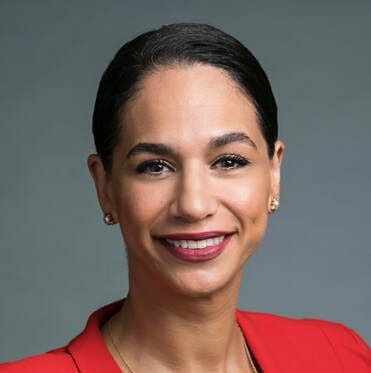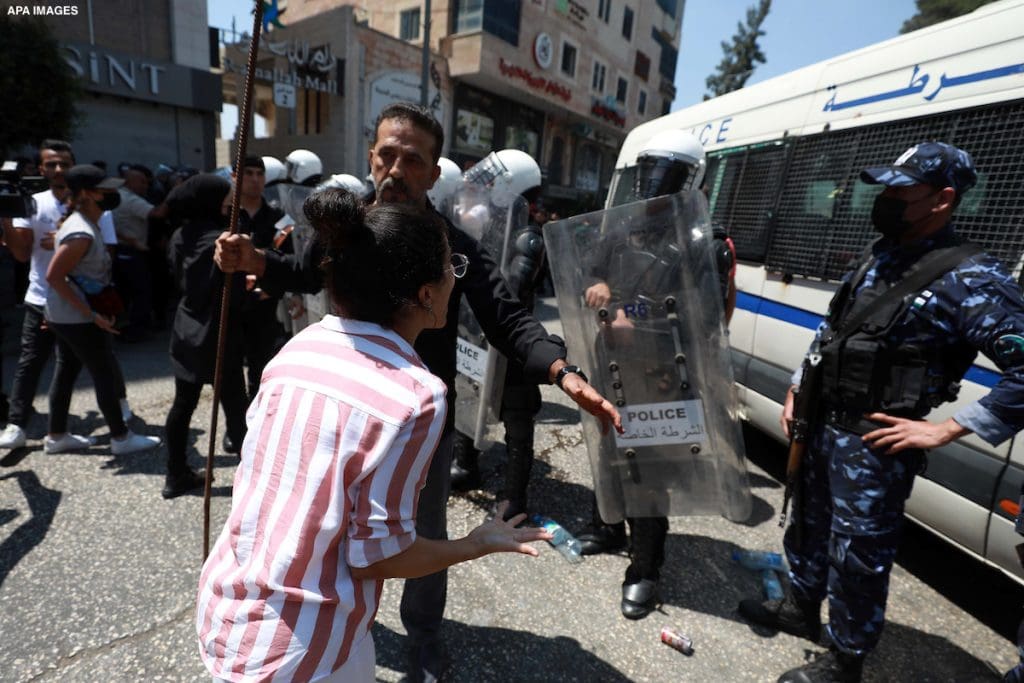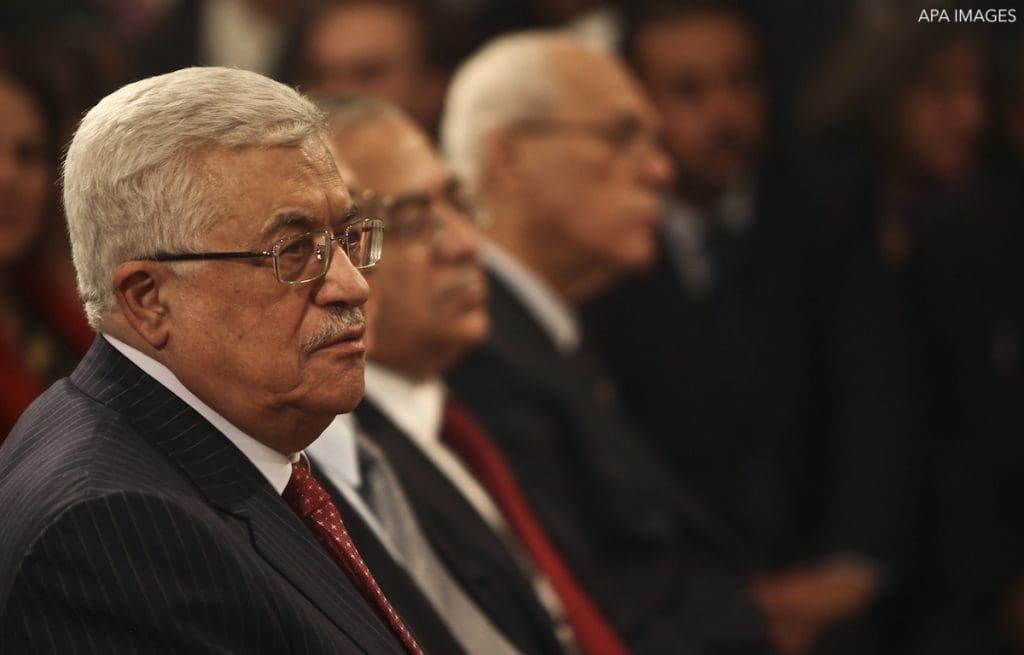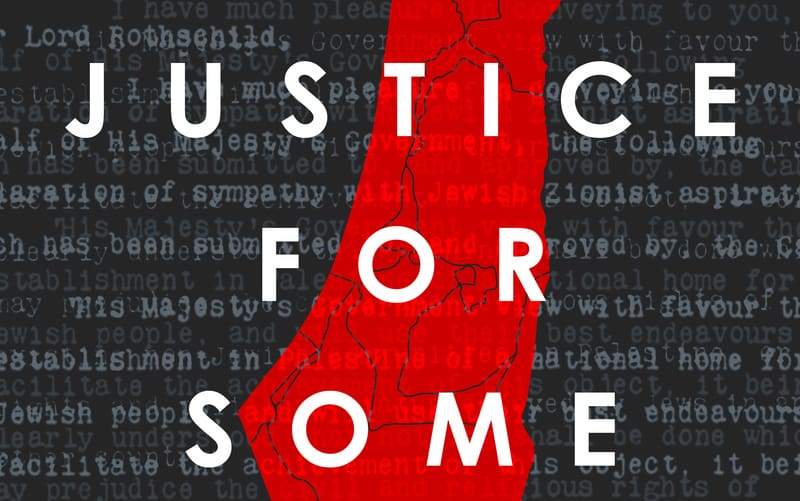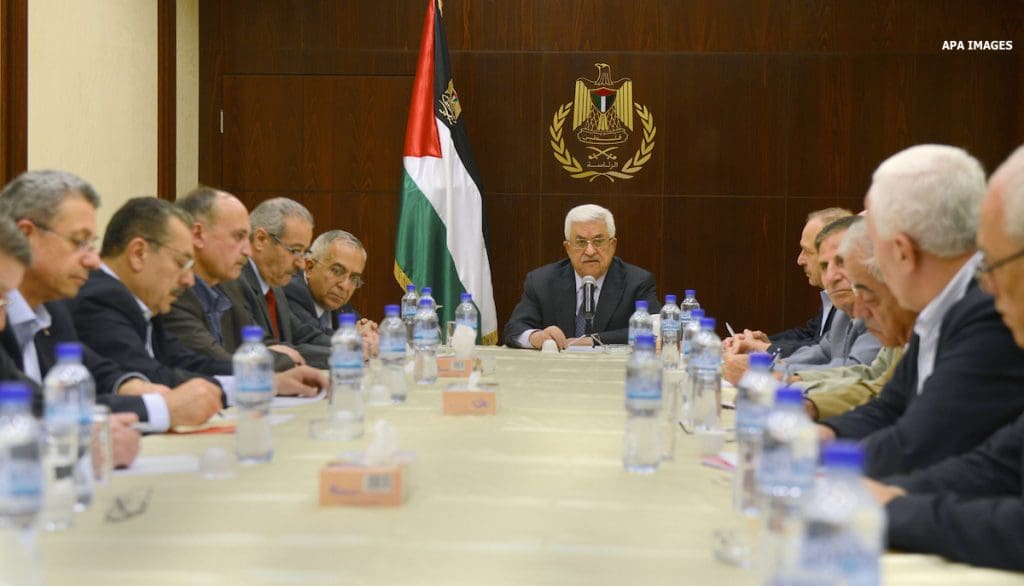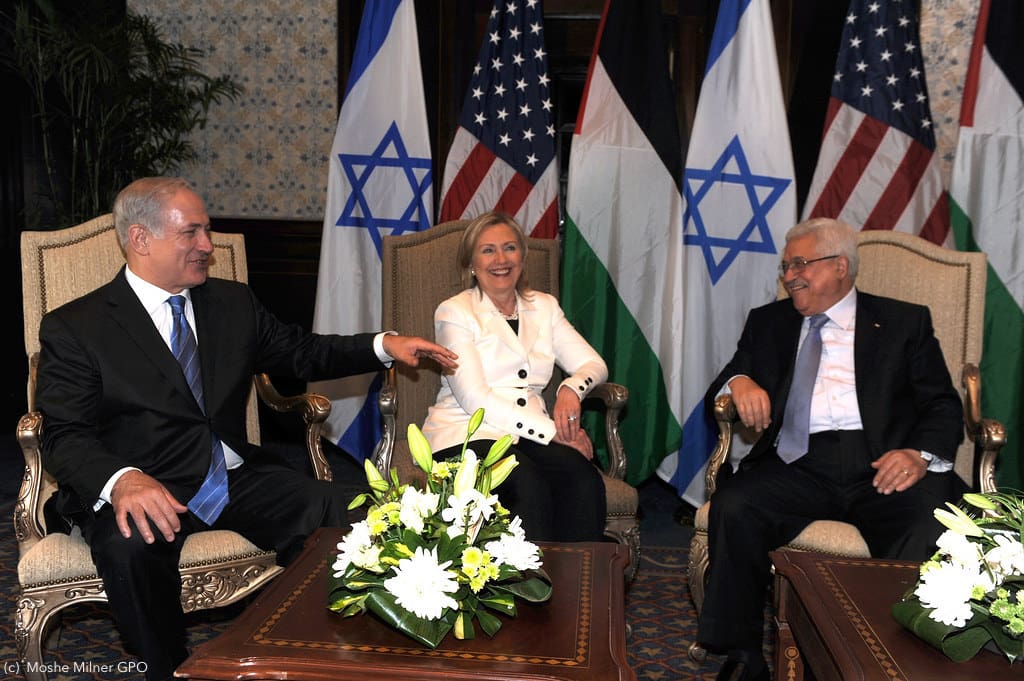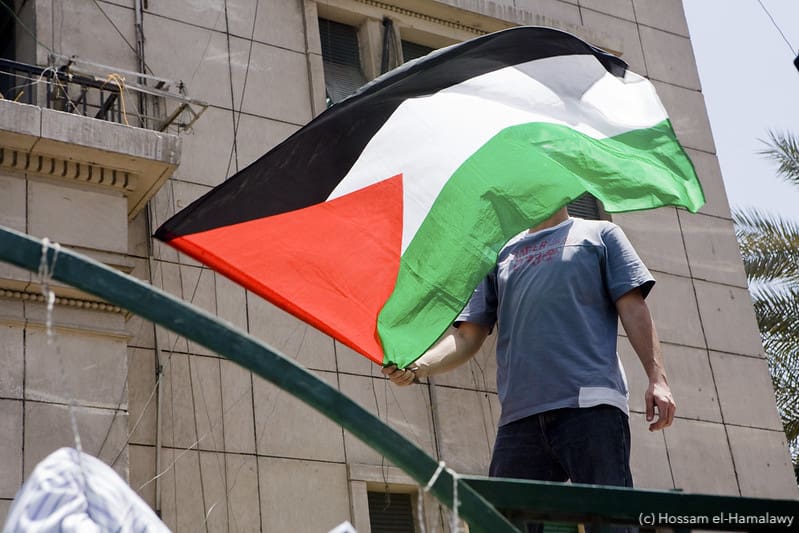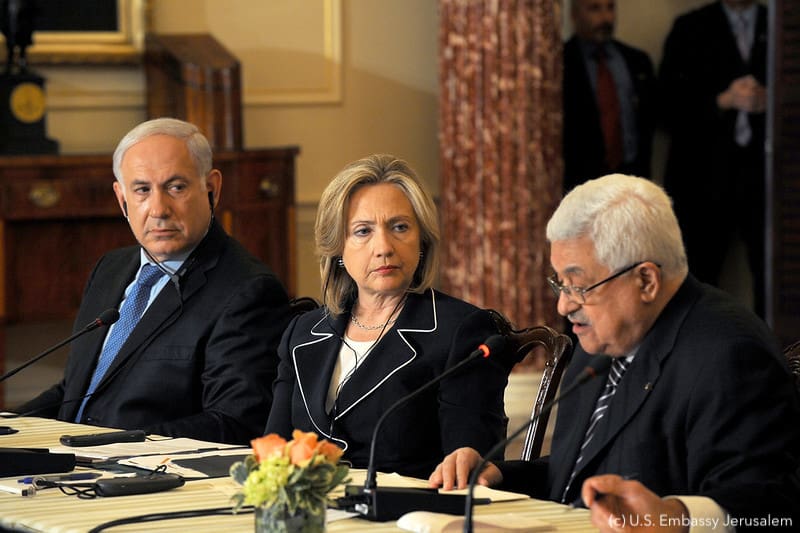Noura Erakat is an assistant professor at George Mason University where she teaches in the legal studies, international studies, and human rights/social justice studies concentrations. An attorney and human rights advocate, she previously served as Legal Counsel for a Congressional Subcommittee in the House of Representatives and as an advisor on Middle East affairs for Congressman Dennis Kucinich. Noura comments regularly on US foreign policy and international law matters. She has appeared on Al Jazeera International, NBC’s “Politically Incorrect,” and Fox’s “The O’Reilly Factor.” Her writings have appeared in The Huffington Post, Berkeley Law School’s Journal for Middle East and Islamic Law, Counterpunch, Al-Majdal, and the Middle East Research and Information Project (MERIP).
From this author
Noura Erakat and Jake Romm joined us for a policy lab episode on how Gaza helped shatter the old status quo and what that break reveals about the world being built in its wake.


Punctuated by the outbreak of the Unity Intifada in May 2021, the trajectory of Palestinian resistance is experiencing a watershed phase marked by new actors and themes. With the effective neutralization of the Palestinian Liberation Organization (PLO) since the 1993 Oslo Accords, the deepening geopolitical fragmentation of Palestinians across colonized Palestine and the world, and the global shift to cyberspace, new opportunities — and threats — to Palestinian resistance have emerged.




+
Sam Bahour,Rana Barakat,Mary Nazzal-Batayneh, + MoreOroub el-Abed,Nadia Hijab,Victor Kashkoush,Anis Kassim,Osamah Khalil,Mouin Rabbani,Jamil Hilal,Loubna Qutami,Haidar Eid,Yara Hawari,Nadim Nashif,Raya Naamneh,Omar Barghouti,Marwa Fatafta,Tariq Dana,Hatem Bazian,Noura Erakat,Alaa Tartir,Issam Younis,Nada Awad,Diana Buttu,Ingrid Jaradat Gassner· Aug 26, 2021
The Palestinian national movement is in an acute state of crisis, and the Palestinian political system and institutions are incapable of bringing the Palestinian people closer to realize their rights. The existing style of governance and models of leadership prove on a daily basis to be unfit for present and future Palestinian generations seeking equality, justice, and freedom above all.
In her new book, Justice for Some: Law and the Question of Palestine, Al-Shabaka Policy Analyst Noura Erakat breaks new ground in her approach to international law as it pertains to Palestine. Analysts have generally considered the law in this context as either essentially beneficent if deployed properly, or fundamentally harmful because of its relationship to power.

Noura Erakat· Apr 27, 2019
A Palestinian leadership vacuum looms due to the ill health of the secretary general of the Palestine Liberation Organization (PLO), Saeb Erekat, and the frailty of the Palestinian Authority (PA) President Mahmoud Abbas, who also heads the PLO and its main constituent party Fatah.
With the election of Donald Trump, Israel believes it is free to do what it likes in the Occupied Palestinian Territory, making a difficult Palestinian leadership transition much harder. Al-Shabaka policy analysts examine different scenarios and propose alternatives ranging from consolidating the state to a struggle for the rights of the Palestinian people as a whole.



Is international law part of the solution in the Palestinian quest for self-determination and human rights – or part of the problem as a number of voices now argue? Al-Shabaka Policy Advisor Noura Erakat provides insights into the positions of those who argue the law is the problem and then discusses the ways in which law can be made to work for the Palestinian people.

Noura Erakat· Mar 4, 2014
In this Roundtable, Al-Shabaka Policy Advisors Haidar Eid and Samah Sabawi as well as guest contributor Loubna Qutami discuss Noura Erakat’s policy brief Beyond Sterile Negotiations: Looking for a Leadership with a Strategy. They critique issues relating to the Boycott National Committee (BNC), the questions of representation and self-determination, the colonial condition, and the future of the struggle. In her response, Erakat expresses her concern over the fragmentation of the Palestinian national body and the failure to articulate a political vision for a solution. She argues that Palestinians should adopt a one-state solution as a political vision that aims for the equality of all persons irrespective of nationality, ethnicity, religion, or race.




+
Given the abject failure of the Palestine Liberation Organization to secure Palestinian rights over the decades since it was established, it is long past time to explore how a national liberation strategy can be elaborated and by whom. In this policy brief, Al-Shabaka Policy Advisor Noura Erakat examines the political leadership vacuum left by the Oslo Accords and then discusses the role of the Palestinian diaspora in the creation of numerous transnational networks that have attempted to fill the void of authoritative leadership.

Noura Erakat· Feb 1, 2012







